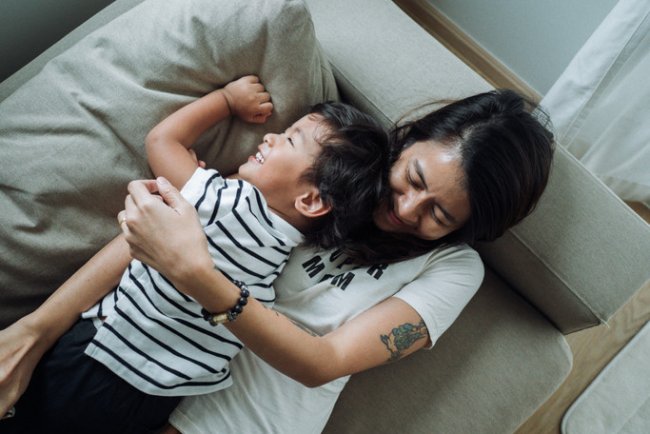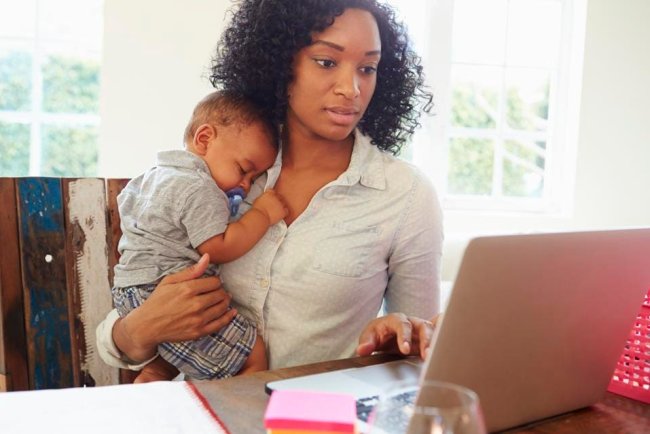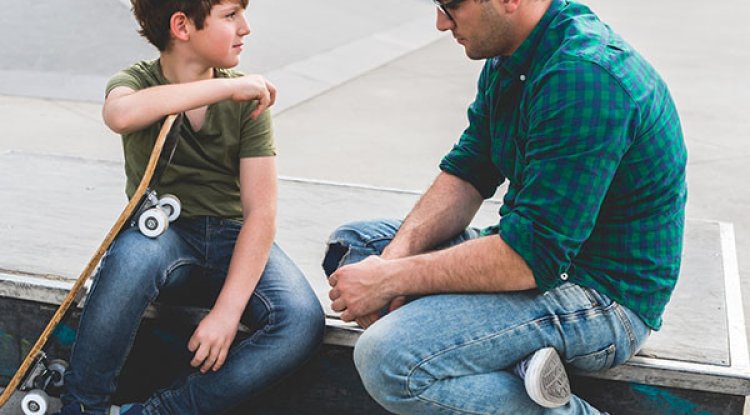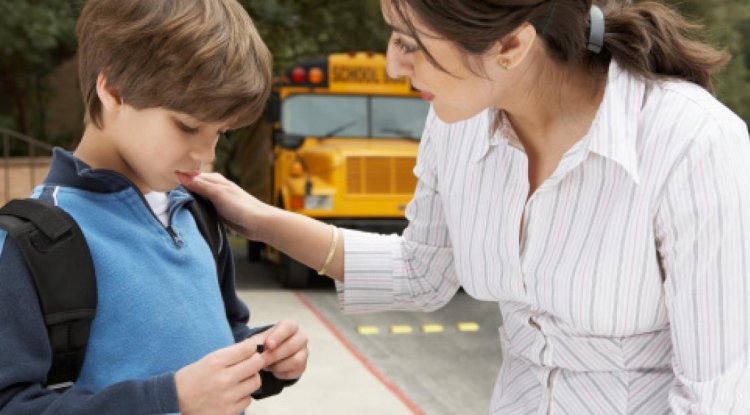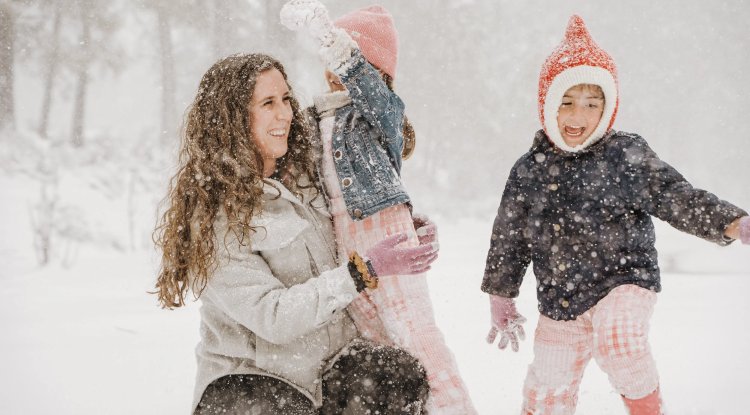Talking to Children About Tragedies and Scary News Headlines
Every time we look at the news these days, it feels heavier than before. There are reports of violence, war, disasters, and heartbreak almost every single day. Climate change brings wildfires and floods, gun violence seems endless, and the world often feels like it’s falling apart. Even the pandemic, though fading, left behind a strange mix of fear and fatigue. For many adults, it’s hard to process. For children, it can be terrifying.
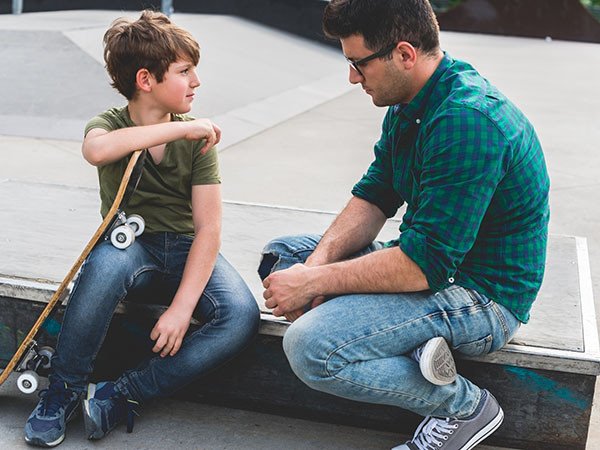
As parents, our instinct is to protect our kids from all of it. We want to shield them from sadness, fear, and confusion. And if your child is still very young or unlikely to hear about these things, staying quiet may be fine. But if your child is old enough to notice what’s happening around them, or if the television, the internet, or even a classmate brings up the topic, then silence can create more fear than comfort.
Children are naturally curious. When they sense something serious but aren’t sure what it is, their imagination fills in the blanks often making things scarier than the truth. It is crucial that they hear about bad news from you rather than from strangers or social media because of this.
Children can better understand what they observe when adults have calm, sincere talks with them. Additionally, it helps them learn to cope with their fear, develop resilience, and realize that there are good people and safe places in the world, even during difficult times.
When the news seems frightening, try these four helpful approaches to talk to your youngster.
1. Clearly and gently tell them the truth
Kids do not require every detail. They require straightforward, loving honesty. If a catastrophic event occurs, describe it in honest but kind terms. Steer clear of dramatic or gory information. Concentrate on assisting them in comprehending what transpired and that the matter is being managed.
Ask your youngster what they already know if they have heard it from a friend or from the internet. They may hear things that are overstated or insufficient.
Listening to them first helps you understand what to correct and what to reassure.
Children handle truth better than we expect what they can’t handle is silence or confusion.
2. Protect Them from Too Much News
Television and social media don’t always show reality with care. Graphic videos, endless replays, and frightening words can make children feel like danger is happening everywhere, all the time.
A simple example: after the 9/11 attacks, many children who saw the repeated footage thought new planes were crashing again and again. That confusion created deep fear.
Turn off the news when children are nearby, or watch it privately. If they do see something disturbing, sit with them and talk about what they saw. Help them understand that what’s shown on TV isn’t the whole story.
3. Remind Them That They Are Safe
Children feel secure when they know adults are in control. Remind them that you and several others, including neighbors, teachers, police, and doctors, strive to keep kids safe every day.
If there is weather-related news, discuss how your family stays safe during storms. If the topic is violence, describe how communities and schools intend to keep people safe. Reassure children that there are regulations, helpers, and systems that keep everyone safe.
Even a basic family safety plan can be made. Children feel stronger rather than powerless when they know what to do in an emergency.
4. Show Them the Helpers
One of the most comforting things you can do is to help your child see the good that still exists. Fred Rogers once shared that when he saw frightening stories as a child, his mother told him to “look for the helpers.” There are always people helping.
Point out the doctors, firefighters, teachers, and volunteers who step forward in times of crisis.Discuss how bravery and kindness may be found even in tragic situations. Children who are able to observe the helpers not only feel safer, but they also begin to think that they are capable of helping others.
Helping Children Build Strength in a Scary World
The world can feel uncertain, but the way you talk to your child can give them stability. Conversations that are calm and honest foster trust. Safety comes from listening without passing judgment. Additionally, emphasizing compassion shows kids that there is always hope, even in the face of gloom.
We cannot prevent every negative event, but we can raise kids who are brave, wise, and empathetic toward the world. You are teaching your child how to be nice and strong in a complex world every time you have a conversation with them about something challenging.
What's Your Reaction?







